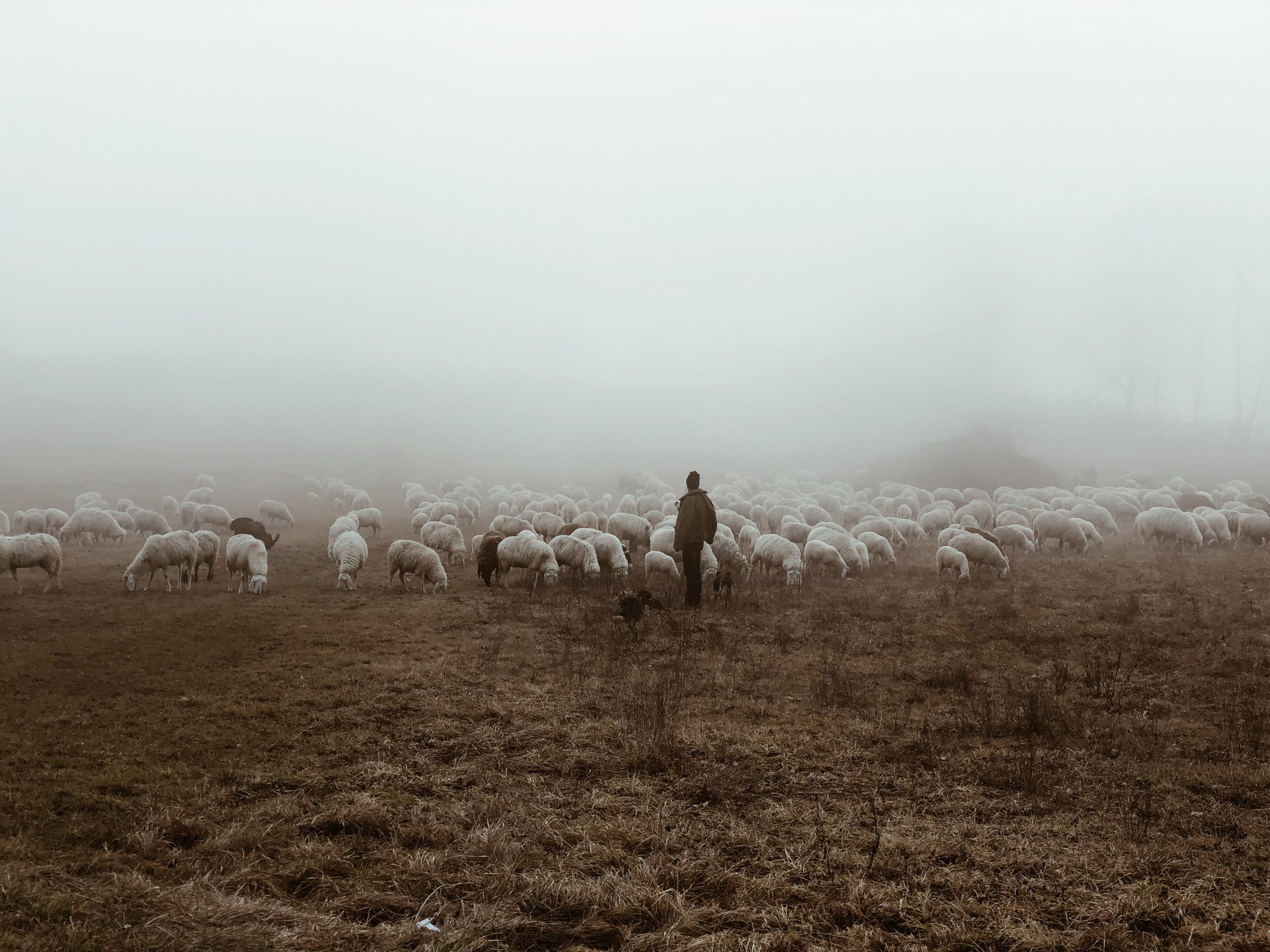When my kids were young, we spent our days doing science experiments. We studied everything from animals to geology, plants to electronics. Unfortunately for me, some of our experiments included bugs and other like creatures—not a personal favorite! They once had a ant farm where we received an envelope in the mail filled with ants and had to somehow get them all inside a clear plastic rectangular box where they would proceed to tunnel through thick gel while we watched them do their ant thing. Another time, my son decided he wanted to watch the life cycle of meal worms—these we kept in the garage, because, ew! The only one I tolerated was when we studied butterflies.
Like the ant farm, this kit sent caterpillars in the mail that we then had to feed and leave in a mesh enclosure and wait for them to grow, molt, form a chrysalis, and then change into butterflies before setting them free. It’s a fascinating process and one which you are likely familiar. One interesting fact is that when they are about to emerge from the chrysalis, they release a chemical that strengthens their wings so they can fly. They will move inside the chrysalis, pumping this chemical throughout their wings. They have to remain hanging upside down during this process. If they release from the chrysalis early, before this process is complete, their wings will be useless. This means the struggle is important and necessary for their survival as butterflies.
As a rule, we as humans tend to shy away from struggle. We want growth without the growing pains. We want strength without the work. We want God to make us holy immediately rather than have us go through the refiner’s fire. We want life to go smoothly, without hardship or trial. And we want that for our loved ones as well. But the Bible tells us that is not how God works in our lives. It is through struggle that we are transformed. As Paul wrote in Romans 5: “Not only that, but we rejoice in our sufferings, knowing that suffering produces endurance, and endurance produces character, and character produces hope” (vv.3-4). Hebrews 12 teaches that God disciplines or trains us in order to make us holy and the process is for our good: “he disciplines us for our good, that we may share his holiness. For the moment all discipline seems painful rather than pleasant, but later it yields the peaceful fruit of righteousness to those who have been trained by it” (vv.10-11).
The Reformer, Martin Luther, describes the Christian life as one of growth. It is a process: “This life therefore is not righteousness, but growth in righteousness, not health, but healing, not being but becoming, not rest but exercise. We are not yet what we shall be, but we are growing toward it, the process is not yet finished, but it is going on, this is not the end, but it is the road. All does not yet gleam in glory, but all is being purified.” God is preparing us now for eternity. He is stripping away all that is impure within us. He is reshaping us into the image of his Son. And one day, when we stand in his presence, that process will be complete. We will be whole and healed. We will be glorified.
When we watched our butterflies do their work to leave their chrysalis, had we interfered in some way, or tried to quicken the process, we would have kept them from transforming into butterflies. They needed to struggle. And when they finished the struggle and began flying around the little mesh tent, we brought them outside, unzipped the door, and set them free.
We are all in process. God is doing a good work in us. May we not resist the struggle.
Photo by Dominik Rešek on Unsplash



















